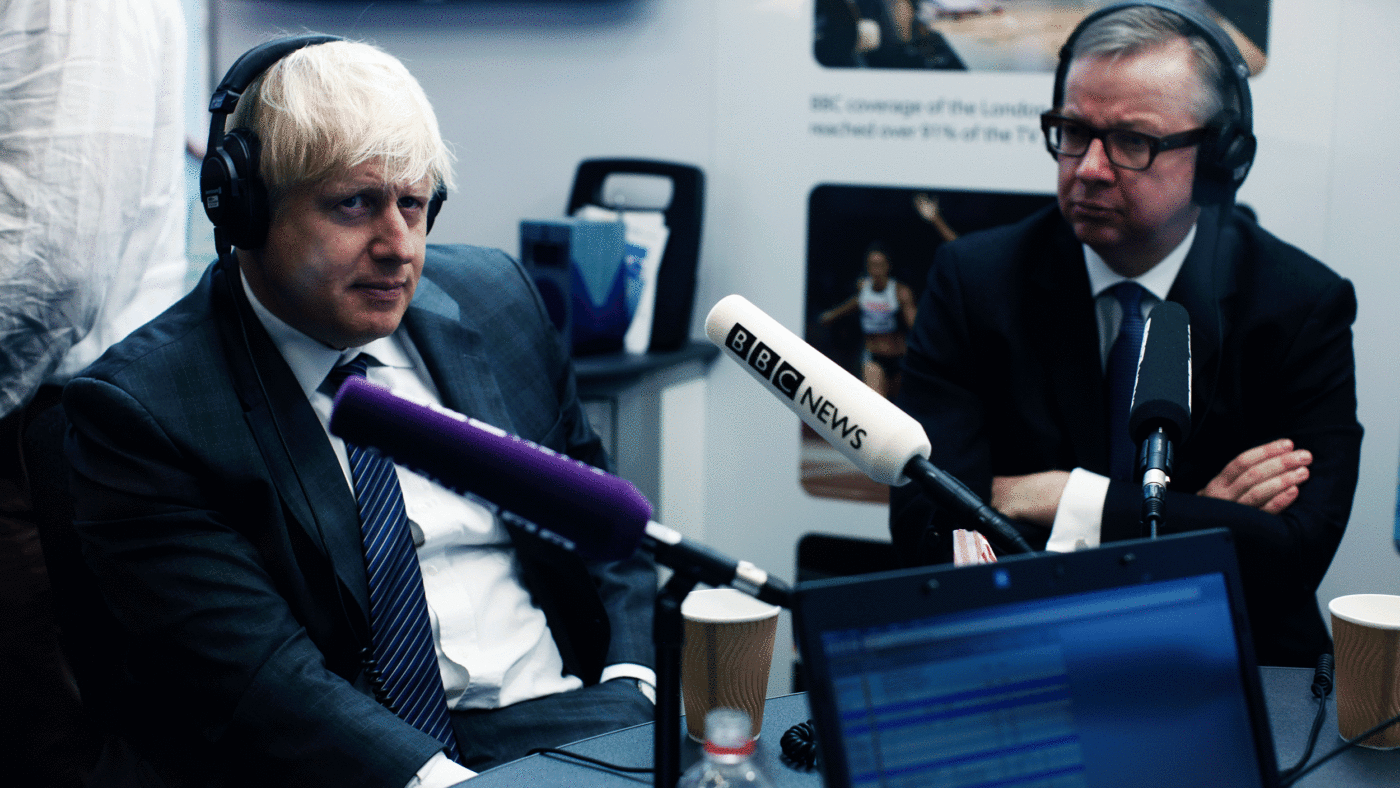We consume media differently today than we did 10 years ago. However most politicians haven’t caught up with the new reality. The rise in popularity of grassroots media, especially podcasts, illustrates that there is a hunger to explore ideas in depth.
Yet our traditional outlets continue to assume that the public only has the appetite for bite sized chunks of news. TV placements are not the holy grail of mass communication any more. It’s time we put podcasts where they deserve to be – at the centre of our public discourse. Refusing to embrace this change will lead to a bigger divide between generations, which is harmful to everyone.
This applies to advertisers, but above all, our leaders. There has been an indomitable rise of the political Podcast over the past decade: During the last political election, Democratic figures like Pete Buttigieg, Andrew Yang and Julian Castro all hopped on the podcasting train. Hilary Clinton ran a podcast in the run up to her 2016 bid for the White House, as did Biden in the run up to his successful 2020 campaign. Interestingly, Biden’s podcast seems to have disappeared now that he is President. I don’t think it should have.
But these podcasts did not capture the magic of the medium. They were polished and highly-edited, in other words they were extensions of TV interviews. The real power of podcasts is in no holds barred conversations like those that appear on the Joe Rogan or Ricky Gervais shows, or indeed the CapX podcast.
Something needs to change in the mainstream media. Research conducted by Jennifer Kavanagh, who leads RAND’s research initiative on Truth Decay, found that from a nationally represented sample of 2,500 American adults the majority, at 24%, still receive their news from broadcast television. However, of that 2,500, 41% said they believed that the news is less reliable than ever before.
What this means is that people are knowingly relying on news sources they believe are less reliable, and that is a problem for our democracy, as well as a problem for advertisers who rely on those stations.
And it’s fuelling a desire for unedited, long form, honest conversations. 78% of Americans are familiar with podcasting, which is a total 222 million people, which is an increase of 10 million people from 2020. Similarly, 57% of Americans listen to podcasts, which is up from 51% in 2019. This trend is replicated in the UK; as of 2020 there were 15 million podcast listeners in the UK, a figure which is expected to grow by 25% in 2024.
Just as smart phones allowed anyone to become a journalist, the format of the podcast has allowed anyone to become a radio or TV host. And anyone with an internet connection, just over half of the global population, can tune in to any of the 48 million podcast episodes available online – without cable subscriptions.
It seems like today’s politicians, and the PR people who represent them, still regard TV placements as the only means of communicating with voters – perhaps a sign of the age of those individuals.
This is costing them audiences and leaving millions unconnected to their leaders. Viewership of the first presidential debate in 2020 sat at 73m. The ITV debate between Boris Johnson and Jeremy Corbyn in 2019 attracted just 10% of that, at 7.3m viewers. Joe Rogan, a comedian and UFC fighter, racks up 190 million downloads of his show each month (and he doesn’t have sitting Presidents as guests).
In the UK, politicians still clamour for a spot on the sanitised and stale show Question Time, even though the BBC has admitted that figures have halved over pandemic, to 1.4 million viewers in October 2020. By contrast over 10 million people are listening to a podcast every week in the UK.
It’s not only the voters of today who have switched to podcasts, it is the voters of the tomorrow; those aged between ages of 12 and 24 who make up 40% of total podcast listeners.
Politicians are not alone in ignoring what is the most important medium for a large part of the population. Advertising budgets for podcasts lag behind those for traditional media. The budgets have not caught up with where the audience is. If marketing budgets and political campaigns were run by people closer to the average age of the population, things would be different. They should be.
This more democratic medium can give advertisers – whether they are political or commercial – more control and direct access to audiences. There is nothing to lose, except an outdated and irrational commitment to legacy media.
Click here to subscribe to our daily briefing – the best pieces from CapX and across the web.
CapX depends on the generosity of its readers. If you value what we do, please consider making a donation.


